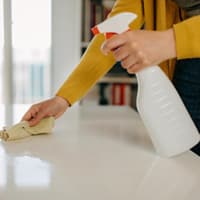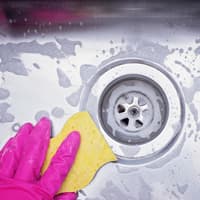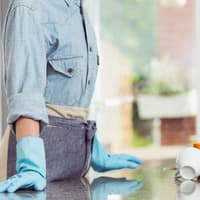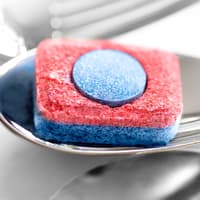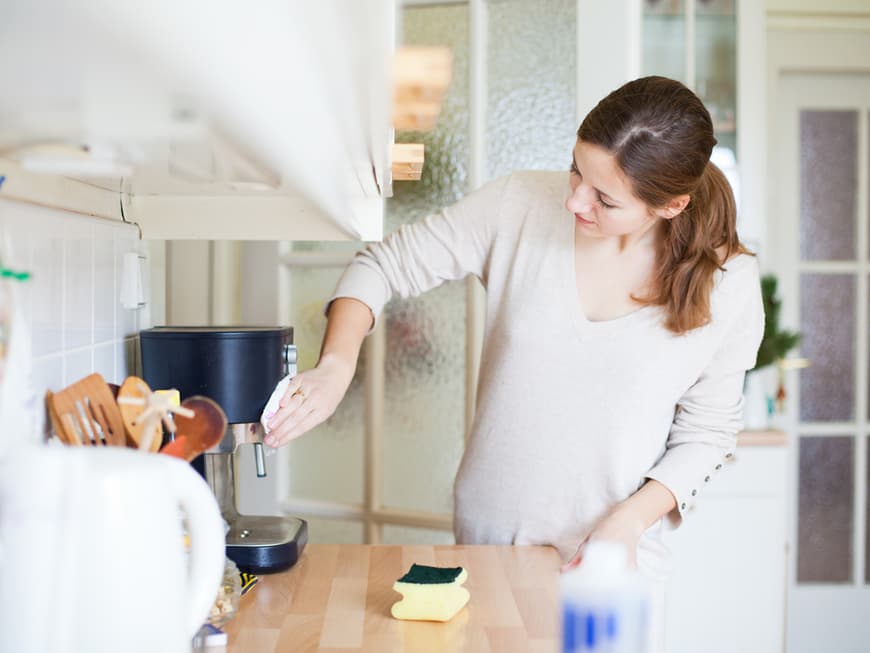
Which coffee machines are most affected by germs and bacteria?
Regardless of whether it's a capsule machine or a fully automatic machine - if you make and drink coffee regularly, you have to reckon with bacteria. They love the moist environment and can be found in the drip tray and coffee grounds. And this despite the fact that caffeine has an antibacterial effect.
Who can the bacteria harm?
The scientists mainly found the bacterial species Pseudomonas and Enterococcus. The good news is that these bacteria are not harmful to health - except for people with a very weak immune system. And they usually pay a lot of attention to good hygiene.
What do food microbiologists recommend?
Food microbiologist Professor Fritz Titgemeyer, head of the Laboratory for Food Safety at Münster University of Applied Sciences, recommends inspecting the water tank carefully. This is because it is often not cleaned. In most cases, water is simply added. This creates a bacterial biofilm. But even this is not usually dangerous. This is because during the brewing process, the water in the hoses is heated to at least 80 degrees for around three seconds. This kills the bacteria. However, if the 80 degrees are no longer reached due to limescale deposits, the bacteria can end up in the coffee cup.
How can we best protect ourselves?
The coffee machines should ideally be cleaned thoroughly every day so that the bacteria don't stand a chance. It is also important to descale the machine, ideally once a month. Old coffee grounds should also be removed quickly. Mold can form on them.

